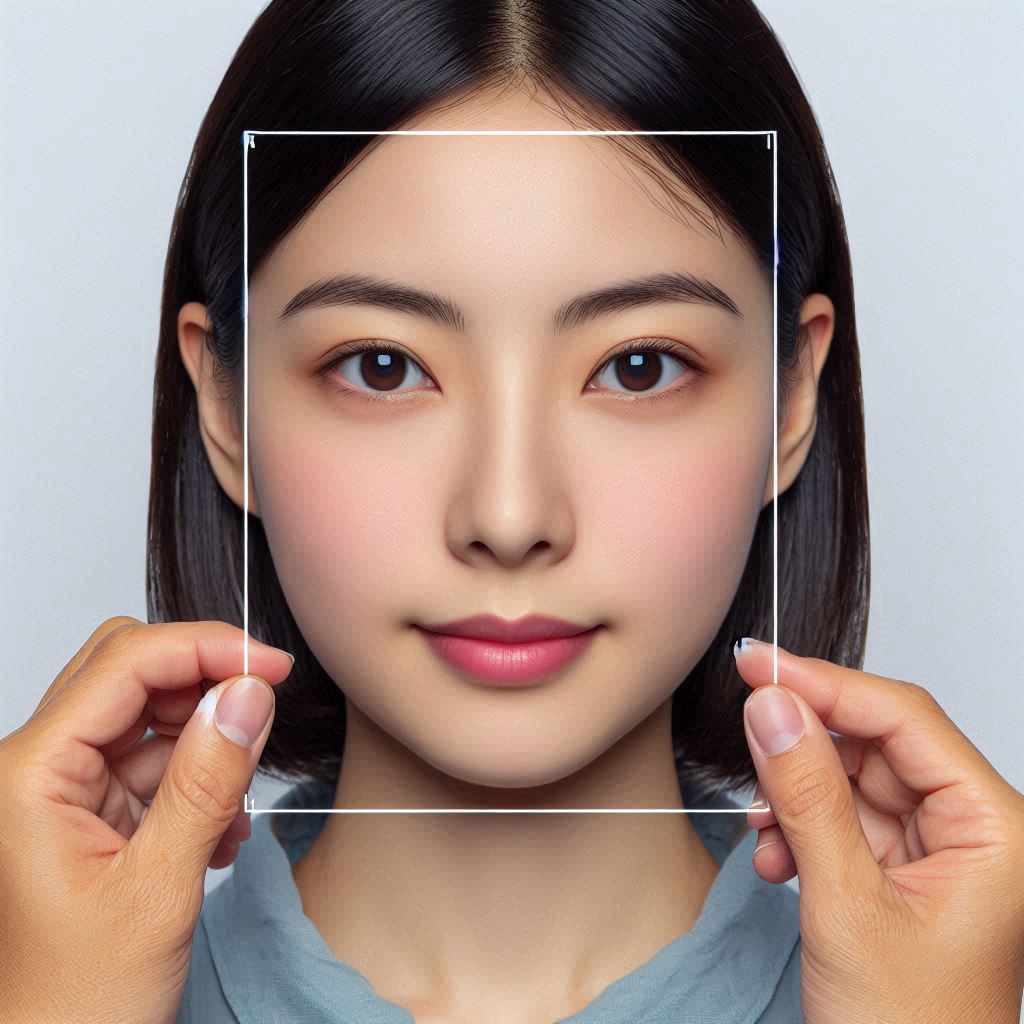Aromatherapy is the use of essential oils to promote healing and relaxation. These oils are derived from plants and have been used for centuries in traditional medicine practices. The history of aromatherapy dates back to ancient civilizations, where people would use plants and herbs to heal a variety of ailments.
The modern practice of aromatherapy, however, began in the early 20th century with the discovery of essential oils. We credit French chemist Rene-Maurice Gattefosse with creating the term “aromatherapy” in the 1920s. He accidentally discovered the healing properties of lavender oil after burning his hand and promptly applying the oil to the affected area.
Today, people widely use aromatherapy as a complementary therapy in conjunction with traditional medicine. Studies have shown that it can have a beneficial effect on both physical and emotional health, such as reducing stress and anxiety, improving sleep quality, and relieving pain.
The purpose of this blog post is to provide an overview of the science behind aromatherapy and explore the question of whether essential oils can actually improve your health. We will examine the different types of essential oils, how they work, and the specific health benefits associated with their use. We will also look at the best ways to use essential oils safely and effectively, as well as the current state of research on the topic.
In short, if you’ve ever been curious about aromatherapy and its potential health benefits, this blog post is for you. By the end of this article, you’ll have a deeper understanding of what aromatherapy is, where it comes from, and whether it’s worth incorporating into your own self-care routine. So, let’s get started!

What are essential oils?
We use essential oils for their therapeutic and medicinal properties, which are highly concentrated plant extracts. We extract them using various methods, such as distillation or cold pressing, from the leaves, stems, flowers, bark, roots, or other parts of plants.
A. Definition of essential oils
We refer to essential oils as “essential” since they embody the plant’s fragrance essence and are believed to capture its “life force” or energy. A small amount of these highly concentrated and potent oils can go a long way. People use them in aromatherapy, skincare, and various other applications.
B. How essential oils are made
The process of making essential oils varies depending on the plant source, but it generally involves steam distillation or cold pressing. In steam distillation, the plant material is placed in a still and steam is passed through it, causing the essential oil to evaporate and separate from the water. The oil is then collected and stored. Cold pressing is used for citrus oils, where the fruit peel is pressed to extract the oil.
C. Examples of common essential oils
There are hundreds of essential oils available, each with its own unique properties and benefits. Some of the most popular essential oils include:
- Lavender: Known for its calming properties and ability to promote relaxation and restful sleep.
- Peppermint: Used for its cooling and refreshing effects, as well as its ability to ease headaches and improve digestion.
- Tea Tree: Known for its antibacterial, antiviral, and antifungal properties, making it a popular choice for skincare.
- Eucalyptus: Used for its ability to relieve respiratory issues and clear sinuses, as well as its cooling and refreshing effects.
- Lemon: Known for its uplifting and energizing properties, as well as its ability to purify the air and boost immunity.
- Rosemary: Used for its ability to improve memory and concentration, as well as its stimulating and uplifting effects.
It’s important to note that essential oils should be used with caution, as they are highly concentrated and can cause skin irritation or other adverse reactions if not used properly. It’s also important to purchase high-quality essential oils from a reputable source to ensure their purity and potency.
In summary, people use highly concentrated plant extracts known as essential oils for their therapeutic and medicinal properties. We extract them using various methods, and they have a wide range of uses, from skincare to aromatherapy. With hundreds of essential oils available, each with its own unique properties and benefits, there’s sure to be an oil that can benefit you.
Read: Are There Impacts of Perfume on the Skin?
How aromatherapy works
Aromatherapy has been used for centuries to promote physical and emotional well-being. But how does it work? In this chapter, we’ll explore the science behind aromatherapy and how it affects the body and mind.
A. The olfactory system and the brain
The brain’s limbic system, which governs emotions, memories, and behaviors, has a close connection to our sense of smell. When we inhale essential oils, the scent molecules stimulate the olfactory system and send signals to the limbic system, triggering various physiological responses.
B. The science behind essential oils and their effects
Essential oils contain many different chemical compounds that can have various effects on the body and mind. For example, some oils have sedative properties, while others are stimulating or anti-inflammatory. The compounds in essential oils can interact with receptors in the body, such as the endocannabinoid system, to produce different effects.
Innovative Tech Solutions, Tailored for You
Our leading tech firm crafts custom software, web & mobile apps, designed with your unique needs in mind. Elevate your business with cutting-edge solutions no one else can offer.
Start NowC. The impact of aromatherapy on physical and emotional health
Research has shown that aromatherapy has several positive effects on physical and emotional health. Some of the most frequently reported benefits of aromatherapy include:
- Stress and anxiety reduction: Certain essential oils, such as lavender and bergamot, have been shown to reduce stress and anxiety levels by promoting relaxation and calmness.
- Improvement of sleep quality: Essential oils like lavender and chamomile can help improve the quality of sleep by promoting relaxation and reducing stress.
- Relief of pain and discomfort: Essential oils like peppermint and eucalyptus have natural analgesic and anti-inflammatory properties, which can help alleviate pain and discomfort.
- Boosting the immune system: Essential oils like tea tree and eucalyptus have natural antibacterial and antiviral properties, which can help strengthen the immune system and fight off infections.
Overall, the use of essential oils in aromatherapy can have a positive impact on both physical and emotional health. Always use caution when using aromatherapy and remember that it should not replace traditional medical treatment.
All in all, the science behind aromatherapy is fascinating and continues to be explored by researchers. By understanding the olfactory system and how essential oils interact with the body and mind, we can better understand the benefits of aromatherapy. With a wide range of essential oils available, each with its own unique properties, there’s sure to be an oil that can benefit you.
Read: How Does Oral Health Affect Overall Wellness?
Health benefits of aromatherapy
Research has demonstrated that using essential oils in aromatherapy offers many health advantages, such as decreasing stress and anxiety and increasing the immune system. Let’s explore these benefits in more detail.
A. Stress and anxiety reduction
Stress and anxiety are common issues that many people face, and they can have a significant impact on overall health and well-being. Aromatherapy can be a helpful tool for managing stress and anxiety. Studies have shown that certain essential oils, such as lavender and bergamot, can promote relaxation and calmness, reducing stress and anxiety levels. You can use aromatherapy in several settings, such as the workplace or home, to decrease stress and encourage relaxation.
B. Improvement of sleep quality
Sleep is essential for good health, and getting enough quality sleep can be a challenge for many people. Aromatherapy can be a helpful tool for improving sleep quality. Certain essential oils, such as lavender and chamomile, have natural sedative properties that can promote relaxation and help people fall asleep faster. Using essential oils in a diffuser or adding them to a warm bath before bedtime can be a helpful way to promote relaxation and improve sleep quality.
C. Relief of pain and discomfort
Aromatherapy can also be helpful in relieving pain and discomfort. Essential oils like peppermint and eucalyptus have natural analgesic and anti-inflammatory properties that can help alleviate pain and discomfort. You can use these oils topically in massage oils or balms, or add them to a warm bath to relax muscles and alleviate tension.
D. Boosting the immune system
Essential oils like tea tree and eucalyptus have natural antibacterial and antiviral properties that can help boost the immune system and fight off infections. You can diffuse these oils in the air or apply them topically to help prevent germ spread and improve overall health and well-being.
Ultimately, aromatherapy has many health benefits and can be a helpful tool for promoting relaxation, improving sleep quality, relieving pain and discomfort, and boosting the immune system. Always use caution when incorporating aromatherapy into your health routine and remember that it should not replace traditional medical treatment. When using essential oils, it’s important to follow proper safety precautions and consult with a healthcare professional if you have any concerns. With a wide range of essential oils available, each with its own unique properties, there’s sure to be an oil that can benefit you.

How to use essential oils
Using essential oils can be a powerful way to promote health and well-being. However, it’s important to use them safely and properly to avoid any adverse reactions. In this chapter, we’ll explore the best ways to use essential oils.
A. Methods of application
There are several methods of applying essential oils, including:
- Inhalation: This is one of the most popular methods of using essential oils. You can add a few drops of essential oil to a diffuser, a bowl of hot water, or a cloth and inhale the scent.
- Topical application: Essential oils can be diluted with a carrier oil, such as jojoba or coconut oil, and applied to the skin. This is a popular method for using essential oils in massage therapy or skin care.
- Oral ingestion: Some essential oils can be taken orally, but it’s important to do so under the guidance of a healthcare professional, as some oils can be toxic if ingested.
B. Safety precautions
When using essential oils, it’s important to follow proper safety precautions to avoid any adverse reactions. Here are some safety tips to keep in mind:
- Always dilute essential oils with carrier oil before applying them to the skin.
- Do a patch test before using a new essential oil to check for any allergic reactions.
- Avoid using essential oils on infants, young children, or pregnant women unless under the guidance of a healthcare professional.
- Keep essential oils out of reach of children and pets.
C. Proper storage and handling
To ensure the longevity and potency of your essential oils, it’s important to store them properly. Here are some tips for proper storage and handling:
- Store essential oils in a cool, dry place away from direct sunlight.
- Keep essential oils in dark glass bottles to protect them from light and heat.
- Use essential oils within their recommended shelf life, as they can lose potency over time.
- Always follow the manufacturer’s instructions for proper handling and use of essential oils.
Last but not least, using essential oils can be a powerful way to promote health and well-being. By following proper safety precautions and storage guidelines, you can safely and effectively incorporate essential oils into your daily routine. Whether you choose to diffuse them, use them topically, or ingest them under the guidance of a healthcare professional, essential oils can be a helpful tool for promoting relaxation, relieving pain and discomfort, improving sleep quality, and boosting the immune system.
Evidence-based research
As aromatherapy has grown in popularity, researchers have become increasingly interested in studying its potential health benefits. In this chapter, we’ll take a closer look at the current state of research on aromatherapy.
A. Overview of research studies
While there is still much to be learned about the potential health benefits of aromatherapy, several studies have shown promising results. Here are some key findings from recent research:
- Stress and anxiety: Several studies have found that aromatherapy can help reduce stress and anxiety levels, including a 2015 study that found lavender essential oil reduced anxiety levels in patients undergoing open-heart surgery.
- Sleep quality: A 2017 study found that inhaling a blend of lavender, bergamot, and frankincense essential oils improved sleep quality in patients with insomnia.
- Pain and discomfort: A 2016 study found that a blend of essential oils including marjoram, black pepper, lavender, and peppermint was effective in reducing pain and discomfort in patients with knee osteoarthritis.
- Immune system: A 2019 study found that inhaling a blend of tea tree, eucalyptus, and pine essential oils helped boost the immune system and fight off respiratory infections.
B. Areas of further research
Although the above studies hold promise, we still need to learn more about the potential health advantages of aromatherapy. Here are some areas of further research:
- Specific essential oils: While certain essential oils have been studied more extensively than others, there is still much to be learned about the potential health benefits of less-studied oils.
- Dosage: There is still much to be learned about the optimal dosage of essential oils for different health conditions.
- Safety: Further research is needed to explore the safety of essential oils, particularly when used in high concentrations or on sensitive populations like children or pregnant women.
- Mechanisms of action: While we know that essential oils interact with the body in various ways, further research is needed to understand the specific mechanisms of action behind their health benefits.
In summary, although there is still much to discover about the potential health benefits of aromatherapy, the present research is promising. As researchers continue to study the potential health benefits of essential oils, we can continue to learn more about how to safely and effectively incorporate them into our daily routines.
Conclusion
In this blog post, we’ve explored the science behind aromatherapy, the health benefits of essential oils, and how to use them safely and effectively. Here’s a recap of the main points:
- People use highly concentrated plant extracts known as essential oils for their therapeutic and medicinal properties.
- Aromatherapy works by stimulating the olfactory system and triggering various physiological responses in the body and mind.
- We can use essential oils to decrease stress and anxiety, enhance sleep quality, mitigate pain and discomfort, and strengthen the immune system.
- There are several methods of applying essential oils, including inhalation, topical application, and oral ingestion.
- To use essential oils safely, it’s important to follow proper safety precautions and storage guidelines.
- Although we have promising current research on aromatherapy, we still need to discover much about the possible health benefits of essential oils.
Lastly, aromatherapy can be a helpful tool for promoting health and well-being. By understanding the science behind aromatherapy, the health benefits of essential oils, and how to use them safely and effectively, we can incorporate aromatherapy into our daily routines. Although we need more research, the current evidence indicates that essential oils possess the ability to promote relaxation, alleviate pain and discomfort, and enhance overall health and well-being.
For those interested in learning more about aromatherapy, there are many resources available. From books and websites to classes and workshops, there are many opportunities to explore the world of aromatherapy and discover the benefits of essential oils for yourself.
Before You Go…
Hey, thank you for reading this blog to the end. I hope it was helpful. Let me tell you a little bit about Nicholas Idoko Technologies. We help businesses and companies build an online presence by developing web, mobile, desktop, and blockchain applications.
We also help aspiring software developers and programmers learn the skills they need to have a successful career. Take your first step to become a programming boss by joining our Learn To Code academy today!
Seamless API Connectivity for Next-Level Integration
Unlock limitless possibilities by connecting your systems with a custom API built to perform flawlessly. Stand apart with our solutions that others simply can’t offer.
Get StartedBe sure to contact us if you need more information or have any questions! We are readily available.










